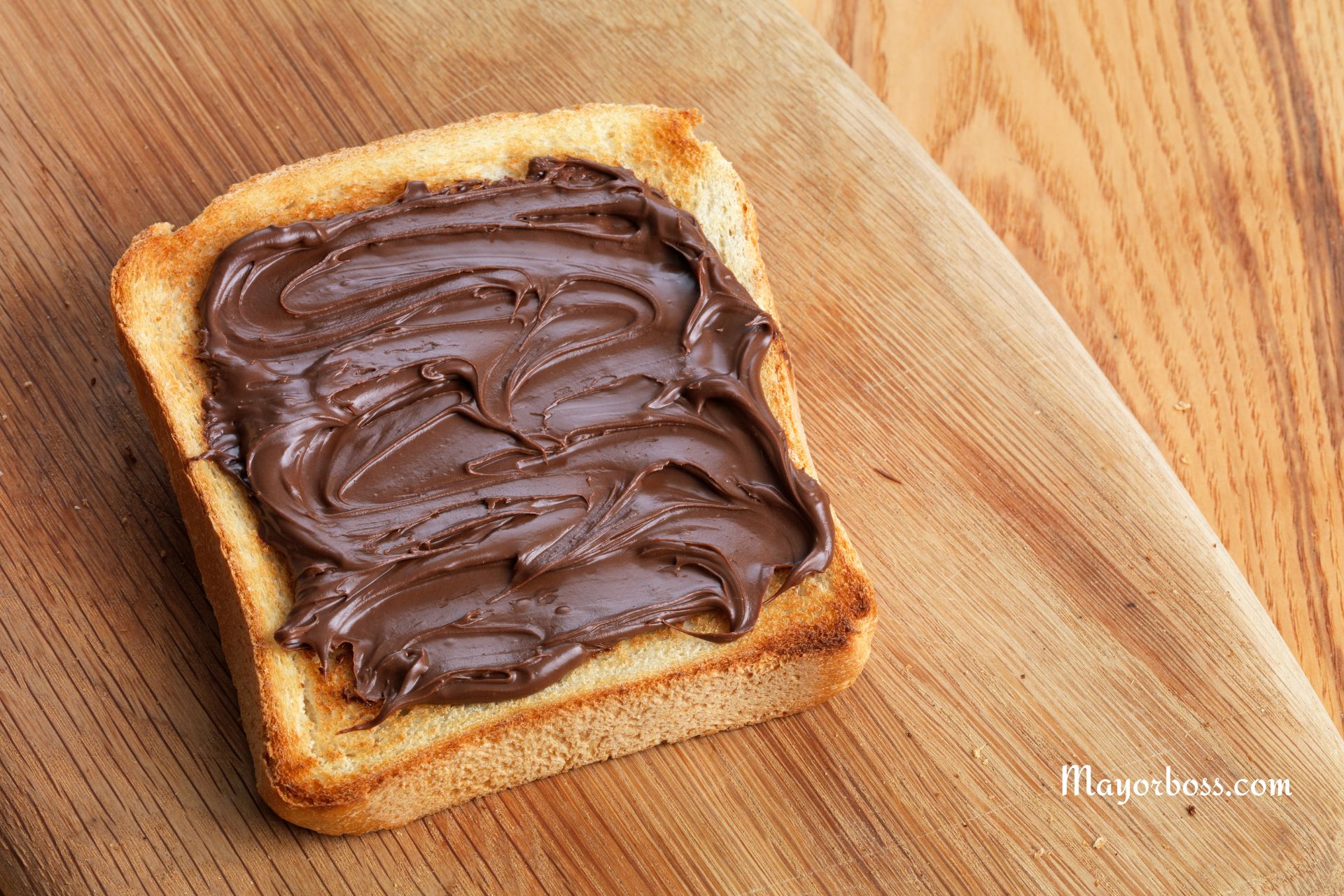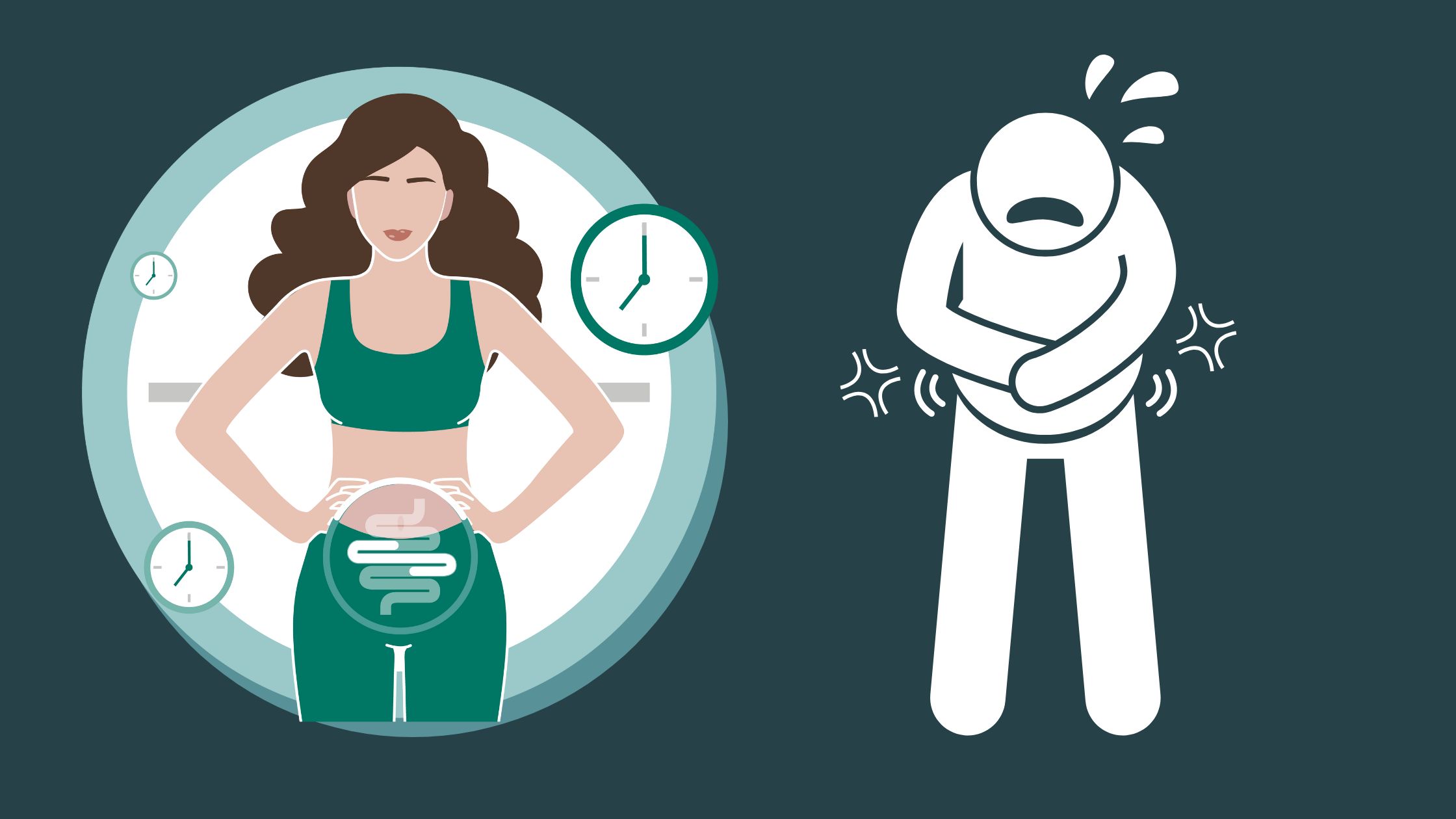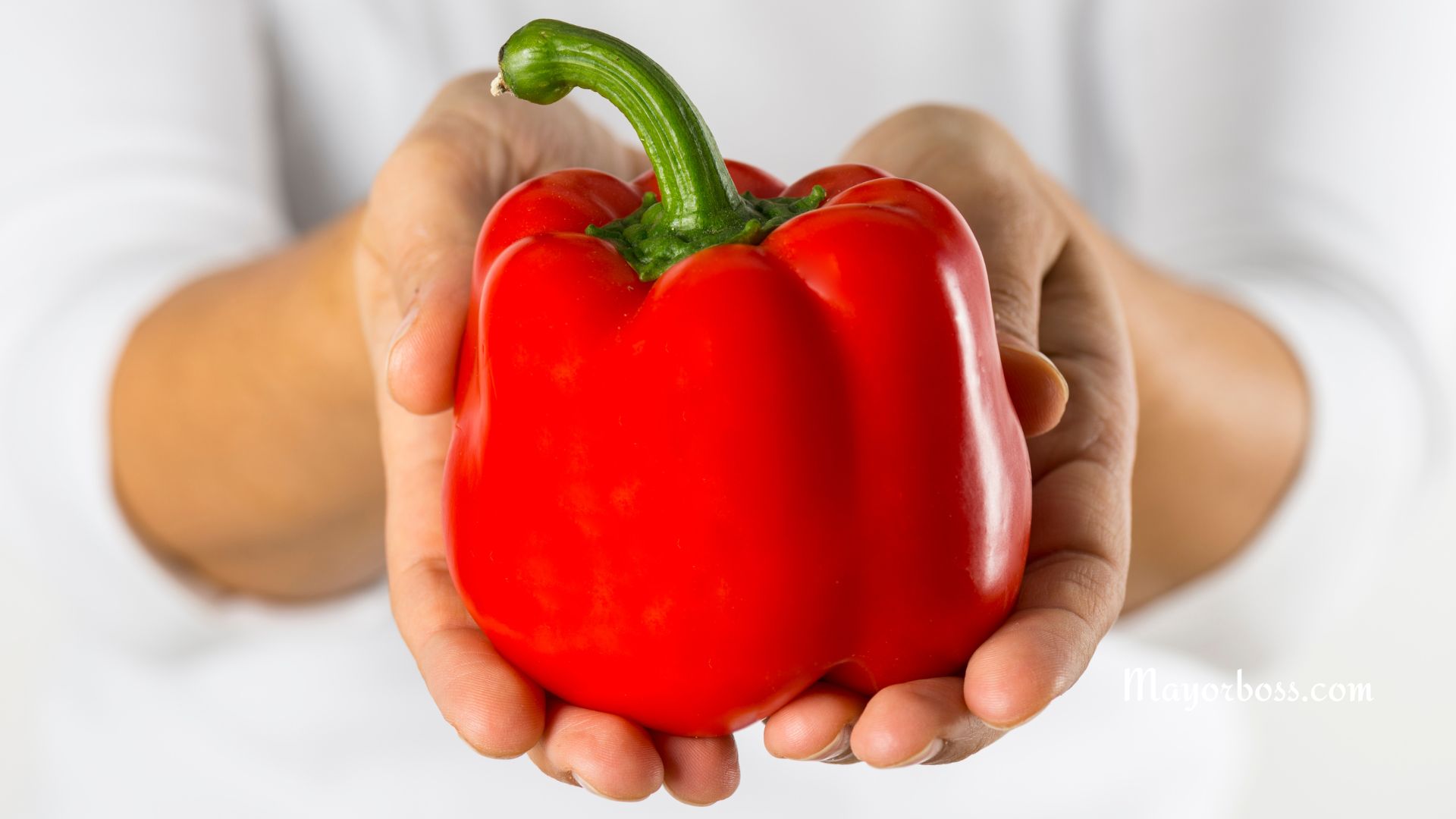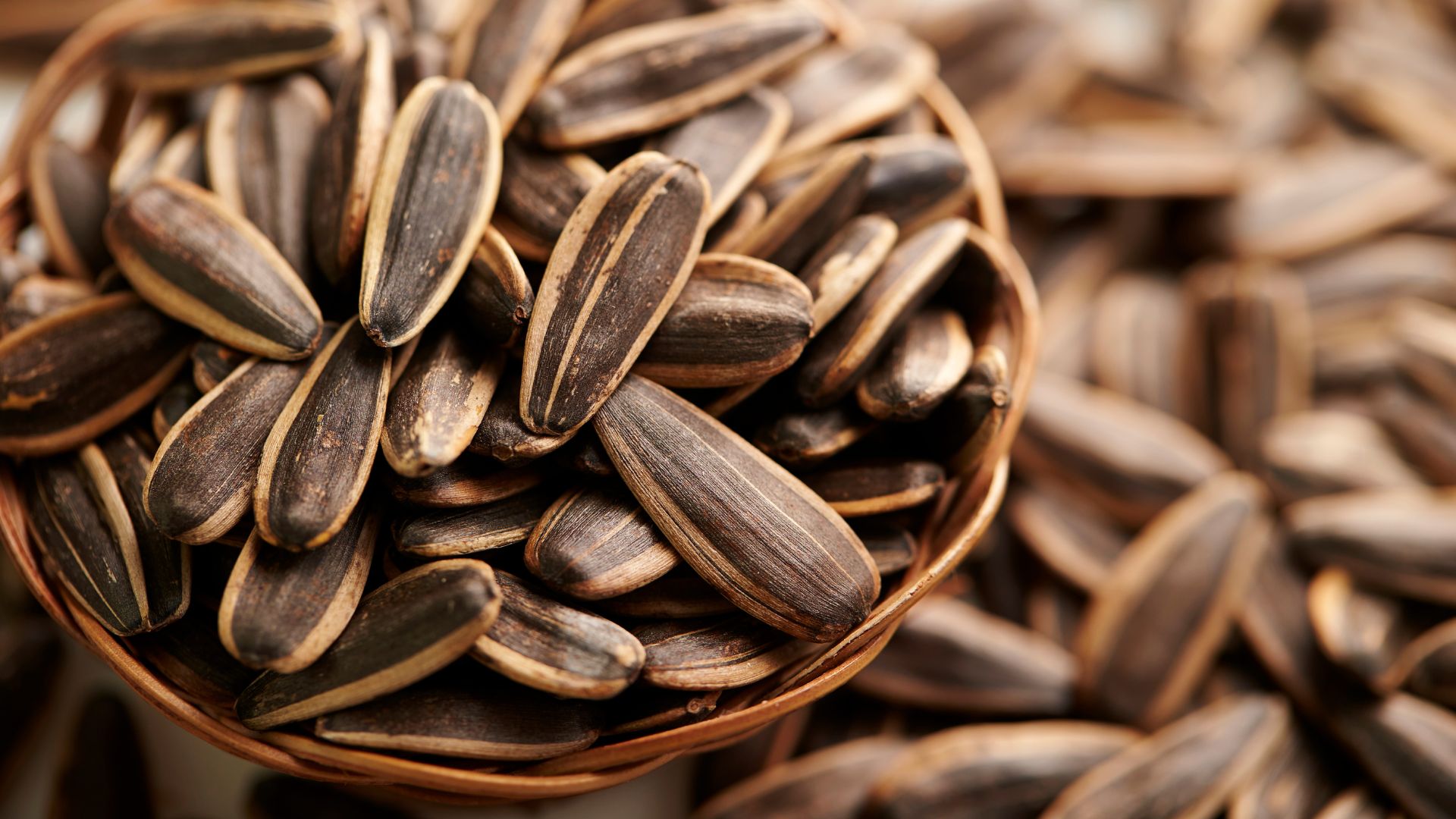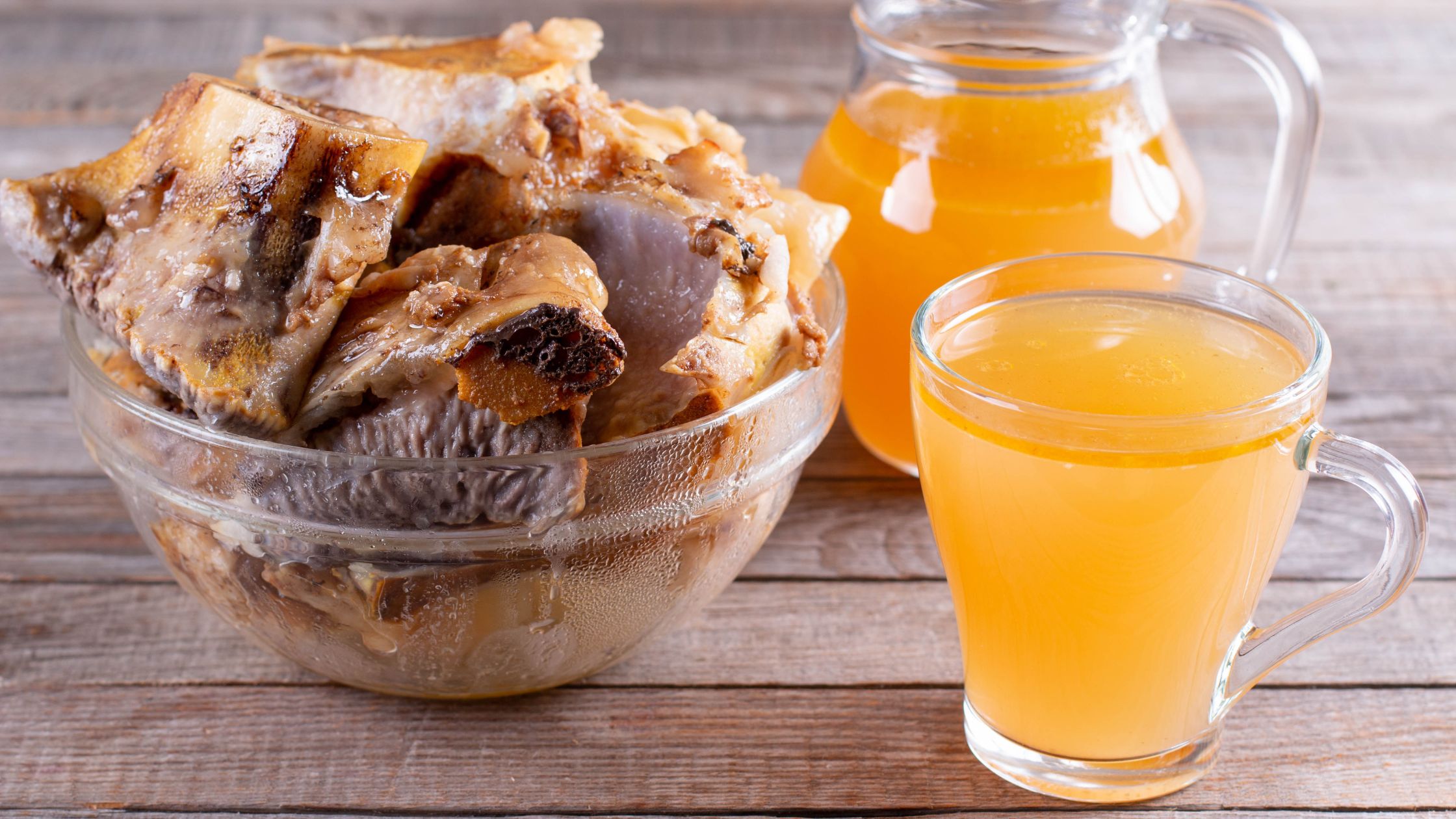4 Benefits of Eating Pickles
I’m always on the lookout for new and exciting ways to help you improve your overall well-being. One surprising food that has piqued my interest lately is pickles.
You might be wondering, “What makes pickles so special?” Allow me to share some insights I’ve gathered on their nutritional value, how they are made, and five specific health benefits you can enjoy from adding them to your diet.
Nutritional Value and How Pickles Are Made
To give you a better understanding, let’s first discuss the nutritional value of pickles and how they’re made.
Pickles are cucumbers soaked in a brine solution, typically containing vinegar, salt, and various spices. The fermentation process that occurs during the pickling process promotes the growth of healthy bacteria, known as probiotics.
I’ve discovered that pickles are low in calories and a good source of essential vitamins and minerals. For instance, a whole dill pickle contains only four calories. It provides 20% of your daily recommended value of vitamin K, 6% of your daily value of calcium and potassium, as well as a good source of vitamins A and C.
Health Benefits of Eating Pickles
Now, let’s dive into the benefits of consuming pickles.
1. Boosts Digestive Health
Pickles contain probiotics, which are live bacteria that benefit your gut health. Multiple studies indicate that a healthy gut can improve your overall physical and mental health.
As I’ve found, consuming probiotics from pickles can help maintain a balance of good bacteria in your digestive system, reducing inflammation and promoting regular bowel movements.
2. Reduces Muscle Cramps
Eating pickles can also help reduce muscle cramps. The electrolytes in pickles, specifically sodium, and potassium, help to maintain proper muscle function.
In fact, pickle juice has been used by athletes to alleviate muscle cramps and prevent dehydration.
3. Supports a Healthy Immune System
A healthy immune system relies on a well-functioning gut. Consuming pickles can provide you with probiotics that help to strengthen your immune system.
According to some experts, probiotics stimulate the production of antibodies, enhancing your body’s ability to fight off infections.
4. Enhances Antioxidant Intake
Lastly, pickles are a good source of antioxidants, which are essential for protecting your cells from damage caused by free radicals. Experts believe that consuming antioxidant-rich foods, such as pickles, can lower your risk of developing chronic diseases.
Adding More Pickles to Your Diet
Now that you know the benefits of pickles, I encourage you to incorporate them into your diet. You can enjoy pickles as a snack, add them to your sandwiches, or toss them into salads for a tangy twist.
Potential Downsides
While pickles offer numerous health benefits, moderation is key. Eating too many pickles can lead to excessive sodium intake, potentially causing high blood pressure.
How to Make Pickles?
Making pickles at home is easier than you might think. Here’s a simple recipe to help you get started:
Ingredients:
- Fresh cucumbers
- White vinegar
- Water
- Pickling salt
- Fresh dill
- Garlic cloves
- Optional spices: mustard seeds, black peppercorns, red pepper flakes
Instructions:
- Wash the cucumbers, then cut them into desired shapes (spears, slices, or whole).
- In a saucepan, combine equal parts vinegar and water. Add pickling salt and heat until the salt dissolves.
- In clean, sterilized jars, layer the cucumbers, dill, garlic, and optional spices.
- Pour the hot vinegar mixture over the cucumbers in the jars, leaving a 1/2 inch of headspace.
- Seal the jars and let them cool to room temperature before refrigerating.
- For the best flavor, allow the pickles to marinate in the refrigerator for at least 1-2 weeks before consuming.
Frequently Asked Questions about Pickles
Yes, pickles can be good for you when consumed in moderation. They offer several health benefits, including improving digestive health, supporting the immune system, reducing muscle cramps, and enhancing antioxidant intake.
However, it’s important to be mindful of their sodium content. Consuming too many pickles may lead to increased blood pressure or other health issues. As with any food, moderation, and balance are key.
Store-bought pickles are typically good for up to two years when unopened and stored in a cool, dark place. Once opened, they should be refrigerated and consumed within a few months for optimal taste and quality.
Homemade pickles, when properly canned and stored, can last up to one year unopened. After opening, it is advisable to refrigerate and consume them within a month. Always ensure that you follow proper canning and storage techniques to maintain the quality and safety of your homemade pickles.
Yes, pregnant women can eat pickles, as they are loaded with nutrients like vitamin K and antioxidants. However, it’s essential to consume them in moderation due to their high sodium content.
Pregnant women should consult their healthcare providers for specific dietary advice.
Further reading: Health Benefits of Drinking Pickle Juice

